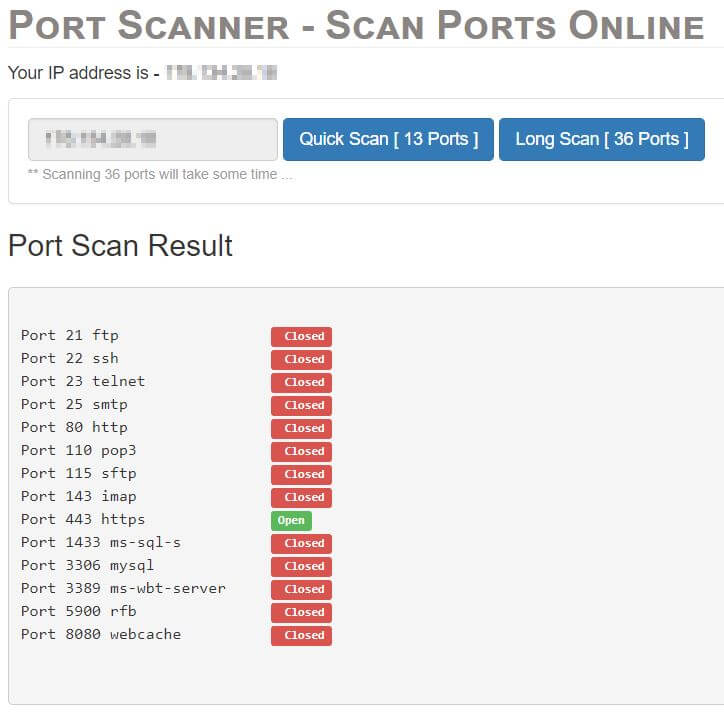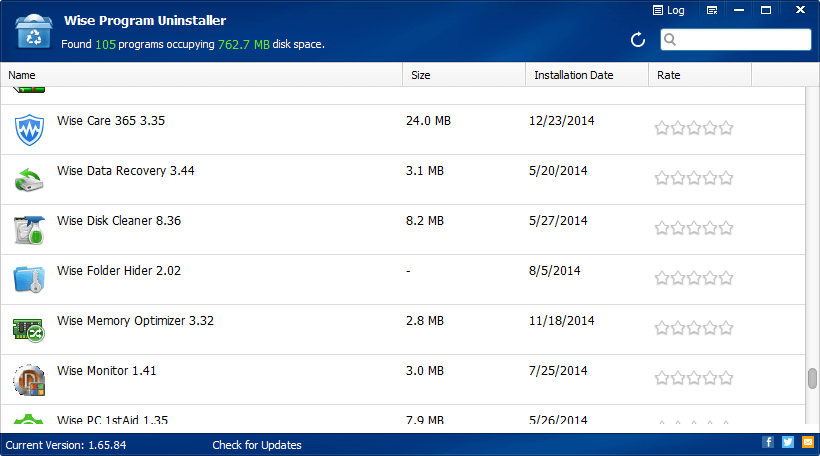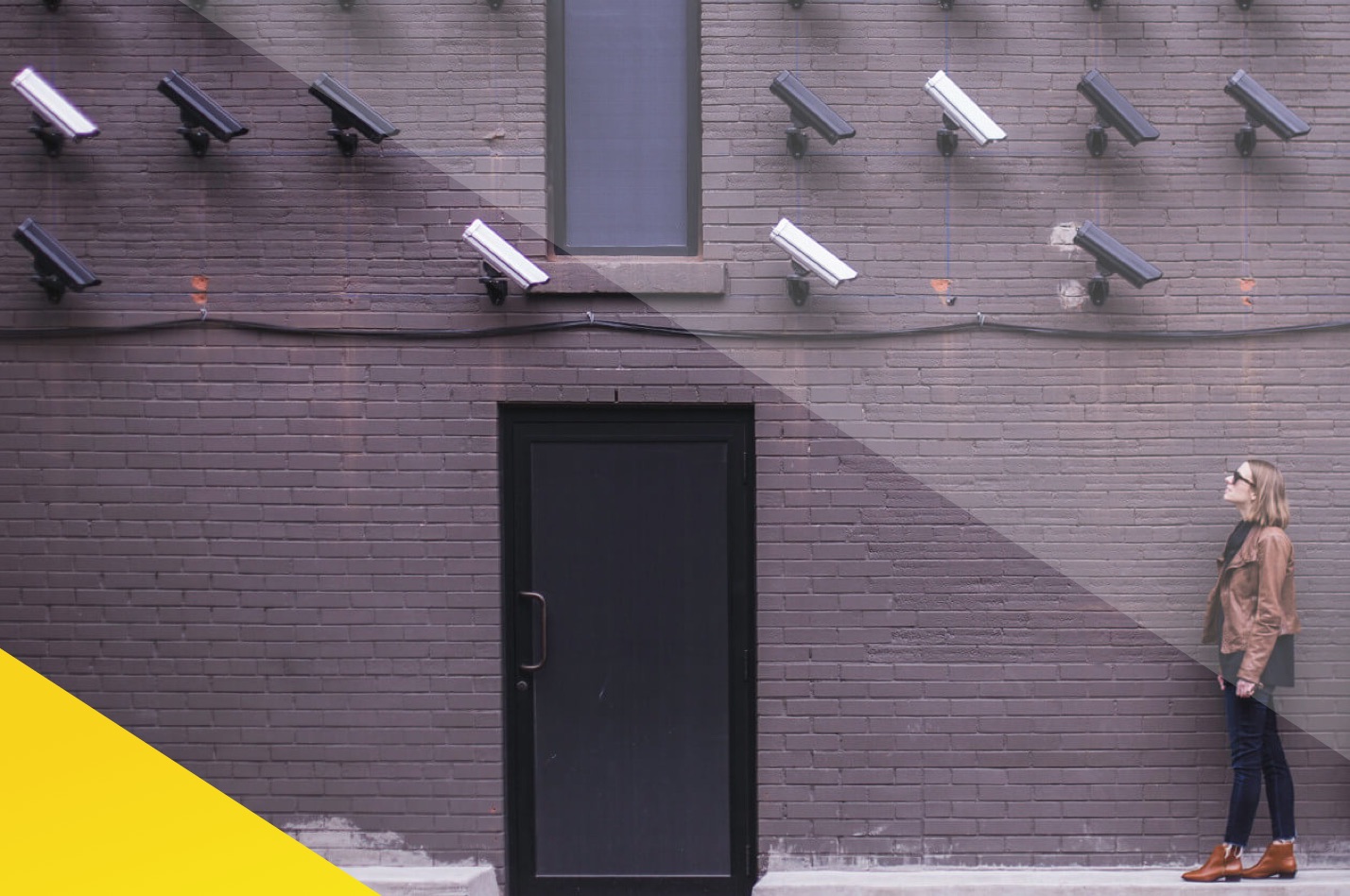 Ever done a financial transaction and thought to yourself, “what if my computer is being monitored”?
Ever done a financial transaction and thought to yourself, “what if my computer is being monitored”?
It’s a scary thought. While this doesn’t always happen, but sometimes, there might be a hacker watching you closely. The texts you type, the financial transactions you do – every little thing.
And it isn’t even difficult. One doesn’t need to be a superspy guy to hack into a regular computer. Your online activities are being monitored anyway. Your ISP knows what you’re doing and the government is also aware of your activities.
Apart from these entities, if you work in an office or are in a school, your network admin team can monitor everything you do – every email you type and every website you’ve opened. This might be considered an invasion of privacy but they will not try to steal your financial information. But a hacker will.
Monitoring a computer is really easy for hackers. They can use a small piece of software called a keylogger. This software will note all your keystrokes and mouse movements. It will also take screenshots of your screen and send them to the hacker.
That’s just one way of monitoring your device. There are several others as well. How do you know if your computer is being monitored? Let’s see.
Is my IP being tracked?
Most certainly. Your government is keeping dossiers on you. And your ISP is monitoring your data for its own purposes. But is there a hacker trying to monitor your data? There’s no way to tell that. But there are preventive measures.
By using a VPN, you can hide your online activities from your ISP, the government, and any possible hackers. And if you’re in your office or school, using a VPN will hide your activities from the network admin teams there.
Do office and school computers have tracking devices?
They just might. While they certainly keep tabs on your network activities, some computers may even come with tracking devices. While the network team can monitor your online activities, the tracking devices can monitor non-online activities as well.
And it’s not illegal either. Schools, colleges, and offices track their users’ activities and everyone knows that. Employers need to make sure that you’re not working for other companies on their time. And schools need to take care that their students don’t indulge in any wrong practices.
Is this an invasion of privacy? It most certainly is. But if you’re using someone else’s computer and the internet, you need to obey their rules. You are free to do whatever you want in your own home. But sadly, even there, your ISP tracks you.
How to prevent being monitored?
1. Use a VPN
To protect your online activity landing in the wrong hands, you should use a VPN. A VPN will encrypt your traffic so your ISP won’t be able to read it. Also, it will send the traffic through one of its own servers so the website you visit won’t be able to see your real IP address. This way, you will be secure and anonymous on the internet.
2. Use anti-malware
While a VPN protects you from online spying, it will be unable to protect you from a keylogger. To stay safe from keyloggers, you need to use anti-malware – and a good anti-malware at that.
Keyloggers are pesky little programs that hide from your eyes. You won’t find them in the list of programs or applications. You won’t even find them in the actively running processes. They are very sneaky and thus very hard to find. Only a good anti-malware will be able to detect and remove them.
3. Tape your webcam
You might not have given permission to any software to access your webcam but rogue software can find its way through it. If you don’t want spies to monitor you through your webcam while you work, tape your webcam. And make sure you tape your mic as well. Even Mark Zuckerberg tapes his webcam and mic.
4. Check the open ports
When you connect to the internet, you do it through networking ports of your computer. Some common ports are port 21, 80, and 443. But there can be several other open ports as well. When there are a lot of open ports, someone can take advantage of the situation and begin communicating with your computer without your knowledge.
Use a port forwarding tester (like the one shown here) to check the open ports on your computer:

5. Check the apps
While a keylogger or a malware won’t show itself on your installed programs list, it might be programmed to add some apps to your system. Just go through your program list and see if there’s a program that you didn’t install. If it is somehow sitting on your device, it means it’s a malware.

6. Take backup
Just in case someone is tracking you, their next move might be installing ransomware on your system so they can extort money from you. To protect yourself from such cases, you should take a backup of your files. Even if the hacker asks you for money in return for your files, you’ll have a backup copy of them anyway and you won’t need to pay anything.
Are you being tracked?
Let’s face it. There’s no way to tell if you’re being tracked. What you can do is take preventive measures so it doesn’t get tracked.
If your computer gets sluggish all of a sudden or you notice some weird new things, this might be a sign of being tracked. But nothing can be said for certainty. A computer can get sluggish due to various reasons.
If you have doubts, it’s best to stay protected. Follow the tips given above and stay protected.
Remember, even if you think you have nothing to hide, you have a right to privacy. What you’re doing on your computer should not be in public eyes – even if it’s something as harmless as reading this article.
We believe that privacy is a basic right and this is why the Kingpin browser doesn’t remember history, cookies, or passwords.


